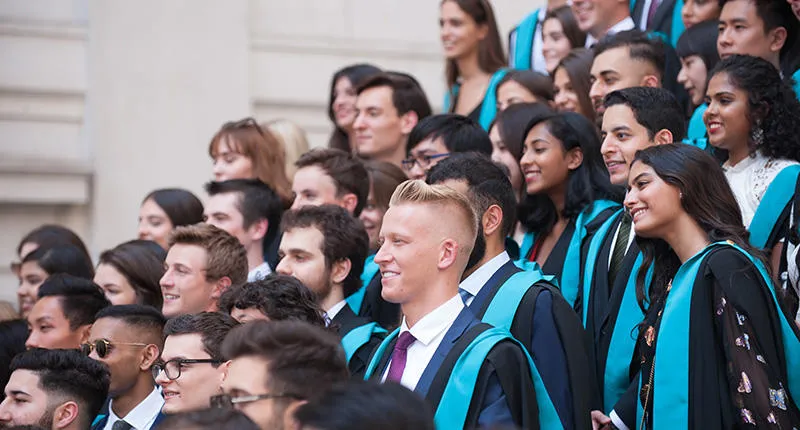Our history
King's was founded in 1829 but our roots reach back to the 12th century.
King’s College London is a world-renowned university that delivers exceptional education and world-leading research. We're committed to creating positive and sustainable change in our local and global communities through outstanding education, impactful research, and genuine service to society. Our Strategic Vision 2029 outlines our ambitious plans as we approach our 200th anniversary in 2029. We focus on five key areas: 1. Educating future leaders and change-makers 2. Challenging ideas and driving change through research 3. Giving back to society through meaningful service 4. Working with our local communities in London 5. Fostering global citizens with an international perspective.

King's was founded in 1829 but our roots reach back to the 12th century.
Our senior leadership, Professional Services and faculties and departments.
King’s Vision 2029 sets out our ambition to make the world a better place.
Job vacancies across research, teaching and professional services.
King’s was founded in 1829 and is made up of five campuses across London. We have more than 42,000 students and over 185,000 alumni from all over the world and have 14 Nobel Laureates. Our annual research income is £257m and we are 6th in the world for research ‘power’ (2021 Research Excellence Framework). We are ranked 31st in the world (QS World University Rankings 2026) and 36th in the world (Times Higher Education World Rankings 2025). We are also ranked 33rd in the world in the Times Higher Education Impact Rankings that measure universities against the United Nations' Sustainable Development Goals (SDGs). 100% of the electricity we purchase directly comes from UK wind energy (since October 2017). King's target is to be net zero carbon by 2025.

Our students become critical thinkers who can lead and change the world.
Research is core to what we do, what we care about and how we educate.
We're committed to social impact and change, both locally and globally.
Our mission is to ensure that our research, education and commitment to service result in positive change and value for people, planet and society. Our community has identified five urgent global challenges to focus our attention as we deepen our partnerships on local, national and global levels.
Read about our impact prioritiesFind out how we're accelerating climate research, education and action
Read our latest news stories from across the arts, sciences and health.
Read about the impact King’s has on the world's greatest challenges.
We’re investing to inspire the very best learning, teaching and research.